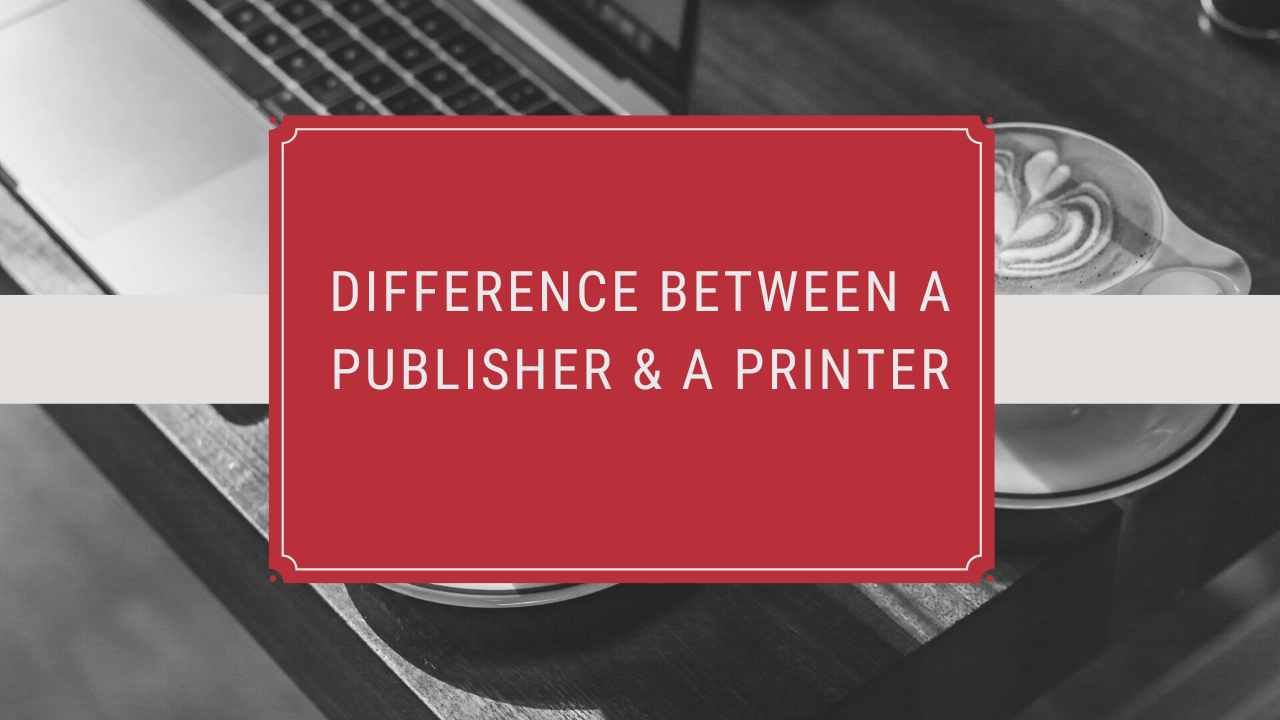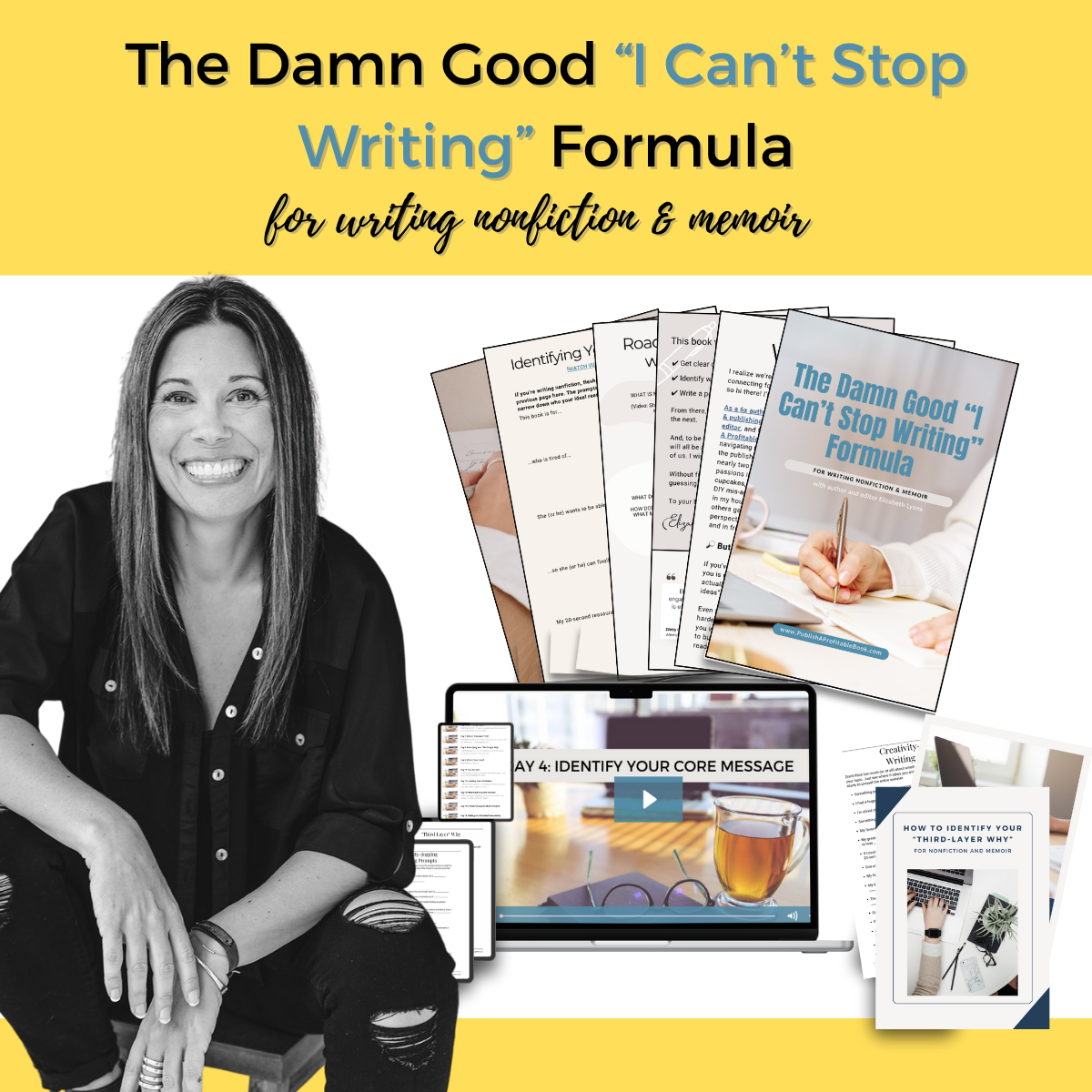Book Writing & Publishing
{The Blog}
Ep 119: Inside Hybrid Publishing with Naren Aryal

You’ve probably heard the phrase “your book is your business card.” While it sounds cute for a Canva graphic, it totally downplays the blood, sweat, and editing tears that go into creating a book that actually matters. We’re not here for books that gather dust—we’re here for books that make an impact (and, at the very least, pay for lunch).
If you’re dreaming of launching a book that does more than take up space in your trunk, this episode with Naren Aryal, CEO and publisher of Amplify Publishing Group, is for you!
Inside this episode:
📚 Why the “book as a business card” mindset can actually cost you more than it helps
💸 What most authors really need in order to turn a profit (hint: it’s more than just book sales)
🤖 How AI can be a brilliant assistant for your research and marketing; but no, it can’t tell your story for you
🛒 What you need to know about Amazon ads (yes, they work, but only when you know your niche)
💃 The truth nobody wants to hear: If you want your book ...
Ep 111: Behind the Scenes of Hybrid Publishing

Navigating hybrid publishing can feel overwhelming, but understanding the unique way it helps indie authors grow their author career helps authors make informed decisions.
This episode covers fundamentals of hybrid publishing, identifies potential red flags, and highlights critical questions to ask publishers before signing any agreements.
TOPICS COVERED:
• Differentiating between hybrid publishing and self-publishing
• Key red flags in hybrid publisher contracts
• The importance of understanding upfront fees and backend profits
• Questions to ask hybrid publishers before signing
RESOURCES MENTIONED:
Ep 110: ISBN Essentials for Indie Authors

This episode explores the critical role ISBNs play in the self-publishing journey. It's not the most glamorous part of publishing, but understanding the role of the ISBN is critical when it comes to managing book sales and metadata ownership.
Topics covered:
• The importance of ISBNs for indie and self-published authors
• Differences in acquiring ISBNs in various countries
• Components of an ISBN, explained
• Challenges authors may face with hybrid publishers
• Situations where it’s acceptable to use a free ISBN
Resources Mentioned
Kindlepreneur barcode generator
7 Critical Questions to Ask Hybrid Publishers
Dreaming of seeing your book in print but dreading the process?
From cover design to interior formatting to ISBN registration and properly loading your book to distributors, whether you need help with parts of the process or the whole darn thing, I’ve got you covered.
Visit www.publishaprofitablebook.com/self-publishing-services to learn more.
Ep 103: Memoir Writing with Sarah Gormley

What if you could transform a lived experience into a compelling narrative that reads like fiction?
In this episode, I chat with the talented Sarah Gormley, author of The Order of Things. In a candid discussion about "memoir plus," we explore how memoir can deliver powerful messages while engaging readers with its storytelling.
The conversation also turned to the intricacies of publishing. We explored the merits of hybrid publishing versus publishing services, with insights into marketing strategies that can elevate an author's reach.
ABOUT SARAH
Sarah Gormley is a writer and art gallery owner living in Columbus, Ohio. Her undergraduate degree from DePauw University reinforced an early love for literature and writing, while the heavy sprinkling of liberal-arts fairy dust taught her how to analyze and articulate a clear point of view. She rounded out this foundation with concentrations in marketing and operations from the University of Chicago Graduate School of Business.
Her marke...
Understanding the Key Differences Between a Publishing House and a Printer

In the world of book writing and publishing, it's critical to distinguish between the role of a publishing house and that of a printer. While they both play important roles in bringing books to life, their functions and responsibilities differ significantly.
A publishing house is an organization responsible for acquiring, (sometimes) editing, producing, (sometimes) marketing, and distributing books.
Depending on whether you work with a traditional publishing house or a hybrid publishing house, your publisher may or may not edit or actively market your book. Those may be aspects of your publishing journey you need to source separately from your publisher. (And, of course, if you're self-publishing, you're responsible for all of the above. But unless you're printing off copies from your office like Nick and Jess did for The Pepperwood Chronicles in "New Girl", you're the publisher, not the printer.)
The publisher acts as the intermediary between authors and readers, providing compreh...
7 Critical Questions to Ask Hybrid Publishers

*This is an excerpt from Elizabeth's latest book, Write the Damn Book Already: Tell Your Story, Share Your Message, Make Your Impact. Content may not be duplicated or redistributed without written permission from the author.
Hybrid publishing is a model whereby an author pays a publishing house to do the publishing legwork--including editing, cover design, interior formatting, and distribution channel setup--while retaining final say over the edits, title, cover design, interior layout, and retail price.
The cost to work with a hybrid publishing house is likely to fall somewhere between $1,500 and $50,000. I consider my publishing house, Finn-Phyllis Press, to be a hybrid publisher. Several of the bigger, more well-known traditional publishing houses offer a hybrid model: Hay House has Balboa Press, and Simon & Schuster has Archway Publishing.
Some publishing houses take no profit off sales, while others take 15 percent (or more). Some houses pay author royalties every month; o...







